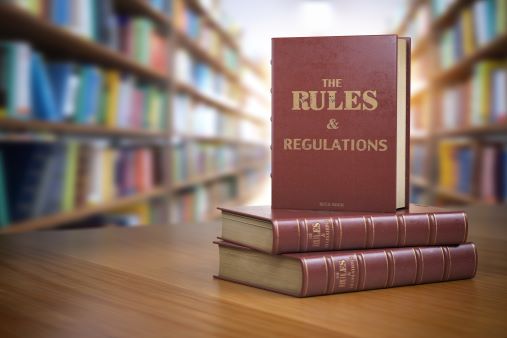The U.S. Equal Employment Opportunity Commission is concerned that efforts to access “private” social media communications through discovery in employment discrimination litigation could have “a chilling effect” on people seeking to “exercise their rights under federal anti-discrimination laws,” according to EEOC’s own summary of a recent meeting on the topic of social media in the workplace.
The EEOC held a Social Media Commission meeting at its headquarters in Washington, D.C. on March 12 to gather information about the use of social media in the workplace, and the agency will continue to collect written comments on the topic throughout a 15-day period following the meeting. In its summary of the meeting, the EEOC reiterated its long-standing position that personal information posted to publicly accessible social media (such as LinkedIn or Facebook) that provides identifying information – such as age, race, national origin, or religion – should not be used to make employment decisions on a basis that is prohibited under the statutes that the EEOC enforces. But employers also need to beware of the potential for employees to use social media for improper purposes, such as to engage in unlawful harassment.
So in essence, the EEOC on the one hand wants employers to ensure their employees are not using social media to harass co-workers. On the other hand, EEOC appears to be concerned that employers will use the threat of social media discovery in litigation as a means to frighten individuals away from bringing employment discrimination cases. It remains to be seen how the issue will play out at EEOC, since one would think that EEOC, as a litigant, would not want to curtail its own access to social media discovery when it brings an employment discrimination lawsuit.
The relevance of information posted to a social media account – and thus its discoverability – will vary widely depending upon the facts and circumstances of a particular case. It would be disappointing, but perhaps not surprising, if the EEOC were to try to take the position that employers’ access to social media discovery in a particular case should be restricted because it hypothetically might deter unknown individuals from pursuing a charge or lawsuit in the future. Moreover, the legal system already has in place such safeguards as protective orders to limit the disclosure of information beyond a particular case. In addition, since individuals control what they post, they can be more cautious if they do not want their lives to become an open book.
According to a Wall Street Journal report about the EEOC’s meeting, EEOC Commission Constance Barker commented that employees and those who are looking for employment should use more prudence. “I have a total lack of sympathy for all the people who blast their private lives on Facebook and other social media,” the WSJ quoted her as saying. The EEOC’s full news release, including the mailing address and electronic address to use for submission of comments on the social media topic, can be accessed here.













